What now, Wagner Group? How will Prigozhin’s death affect Russia?
- By Stavros Atlamazoglou
Share This Article
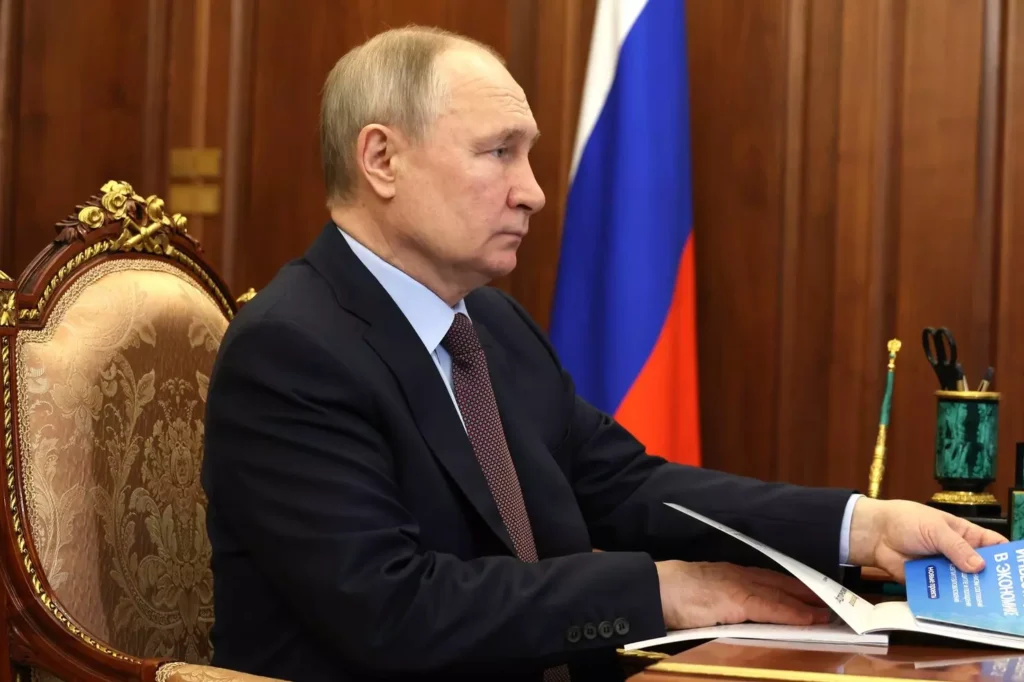
Yevgeny Prigozhin, the leader of the infamous private military company Wagner Group, likely died when his aircraft was shot down by Russian air defenses on Wednesday.
According to reports from Russia, the leader of the mercenary group was flying northwest of Moscow when an air defense missile hit his Embraer Legacy 600 business jet. Prigozhin and nine more people on board were killed in the subsequent crash.
The apparent death of Prigozhin spells the end of an era for one of Russia’s most brutal but effective military forces in recent times.
Putin likes his revenge cold
When journalists asked CIA Director William Burns about the Wanger Group’s mutiny that took place in June, America’s top spy said that Russian President Vladimir Putin likes his revenge served cold.
A former intelligence officer with the Soviet KGB and briefly the director of its successor organization, the FSB, Putin knows a thing or two about tactical patience. It is, after all, his cunningness and brutality that have made him a modern Tzar in Russia.
So, when Putin pondered what to do with Prigozhin and his henchmen after the failed mutiny in June, he likely opted to let the situation cool off before taking any revenge on the man who sought to oust him.
Then, on Wednesday, Putin finally decided that his plate of revenge had cooled off enough, and he struck.
Reports from Russia suggest that Prigozhin was in Mali but had to fly back to Russia to deal with issues concerning his mercenary group. The last video the mercenary leader published on Telegram – from the desert of an African country – could be seen as corroborating this story.
The business jet that carried Prigozhin also carried some of his closest associates, including Dmitry Utkin, an infamous neo-Nazi commander that had been with Wagner Group from its founding.
Related: How US Special Forces took on Wagner Group mercenaries in an intense 4-hour battle
What now, Wagner Group?
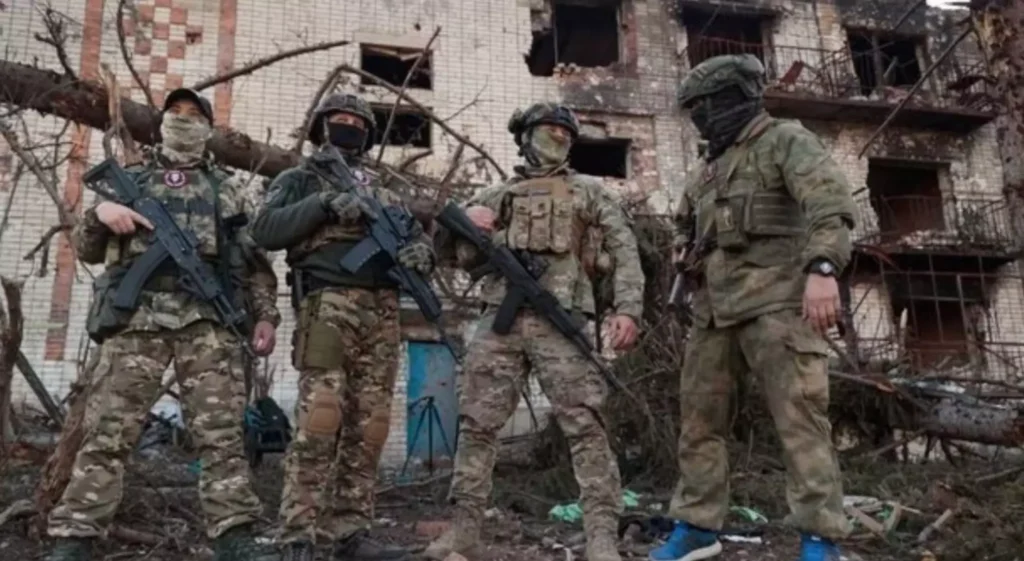
How the remaining Wagner Group mercenaries react to the news of the leaders’ deaths remains to be seen. Belarus is hosting between 6,000 and 10,000 Wagner mercenaries who chose to not sign contracts with the Russian military. Yet, the first signs don’t look good for the unity of the Russian forces.
“The assassination of Prigozhin will have catastrophic consequences. The people who gave the order do not understand the mood in the army and morale at all. Let this be a lesson to all. You always have to go to the end,” a Telegram channel affiliated with Wanger Group posted today.
Such comments make it unlikely that the Wagner Group would be allowed to exist as a credible fighting force. Moscow could try to “take care of” the surviving mercenaries by assigning them suicide missions in Ukraine, but they are unlikely to accept after what happened.
Related: Russia is suffering from Ukraine’s cluster munitions, Russian colonel reveals
Moreover, the Russian forces fighting in Ukraine are in a bad state. Morale is low due to the extremely high losses and poor leadership. The Ukrainian counteroffensive might be struggling, but Kyiv’s forces are making steady progress. And if there is an operational breakthrough in southern Ukraine or the Donbas, the Russian forces in the area might collapse.
Further, because of Wagner’s June mutiny, Russian commanders haven’t been relying on the brutal but experienced Wagner Group to act in a firefighter role as it had been for months prior. As a result, Russian commanders use their most elite units, including Spetsnaz special operations forces and VDV paratroopers, to plug holes in the line. Using these highly trained units in roles with high attrition is bound to create more friction within the already strained Russian military. As a result, Putin could face additional challenges from his forces.
Indeed, the Wagner Group’s mutiny could show the way to the Russian military – which has several senior officers supporting Prigozhin’s effort to oust Putin – if the war in Ukraine continues to go poorly.
Read more from Sandboxx News
- What is OPFOR and why is it among the most fun and valuable things to do in the military?
- Be all you can be: Army releases new ‘First Steps’ recruiting ads
- Did the US Army actually invent McDonald’s McRib?
- The Soviets crashed into the moon while Apollo 11 was on it
- How to get through Special Forces selection? Don’t be the ‘Grey Man’
Related Posts
Sandboxx News Merch
-

‘AirPower’ Classic Hoodie
$46.00 – $48.00 Select options This product has multiple variants. The options may be chosen on the product page -

‘Kinetic Diplomacy’ Bumper Sticker (Black)
$8.00 Add to cart -

‘Sandboxx News’ Trucker Cap
$27.00 Select options This product has multiple variants. The options may be chosen on the product page
Stavros Atlamazoglou
Greek Army veteran (National service with 575th Marines Battalion and Army HQ). Johns Hopkins University. You will usually find him on the top of a mountain admiring the view and wondering how he got there.
Related to: Breaking News, Ukraine
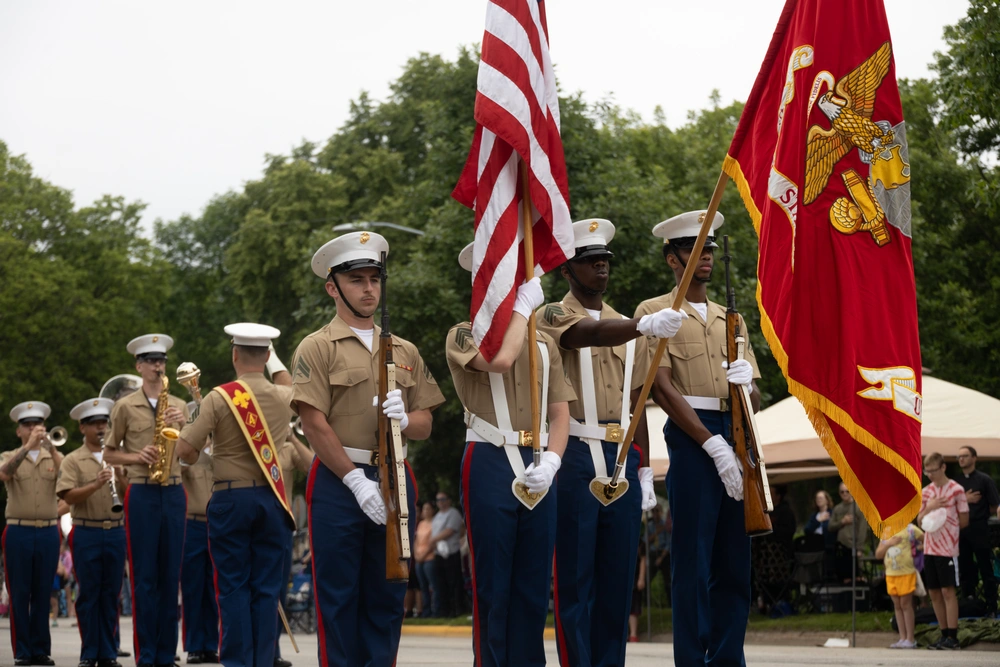
This is why the Marine Corps is different
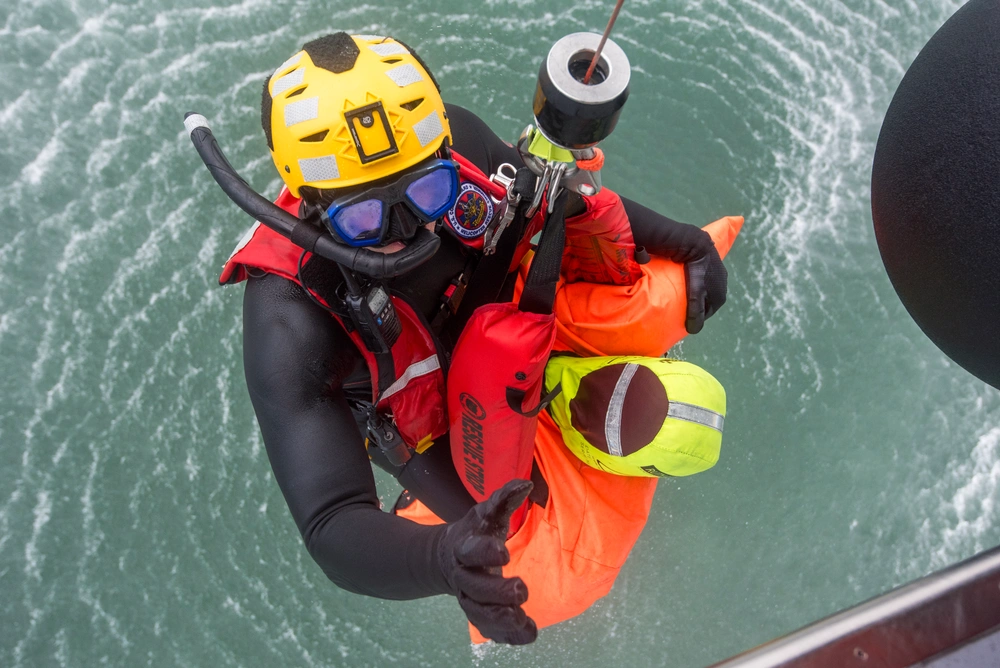
Heroic Coast Guard rescue swimmer saved hundreds in Texas floods and exemplified the spirit of America
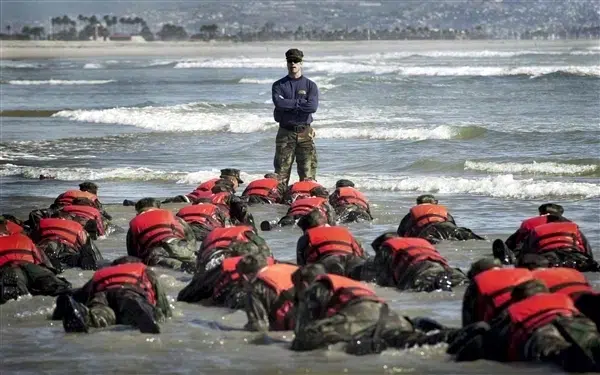
BUD/S instructors have their favorite games to make SEAL candidates suffer
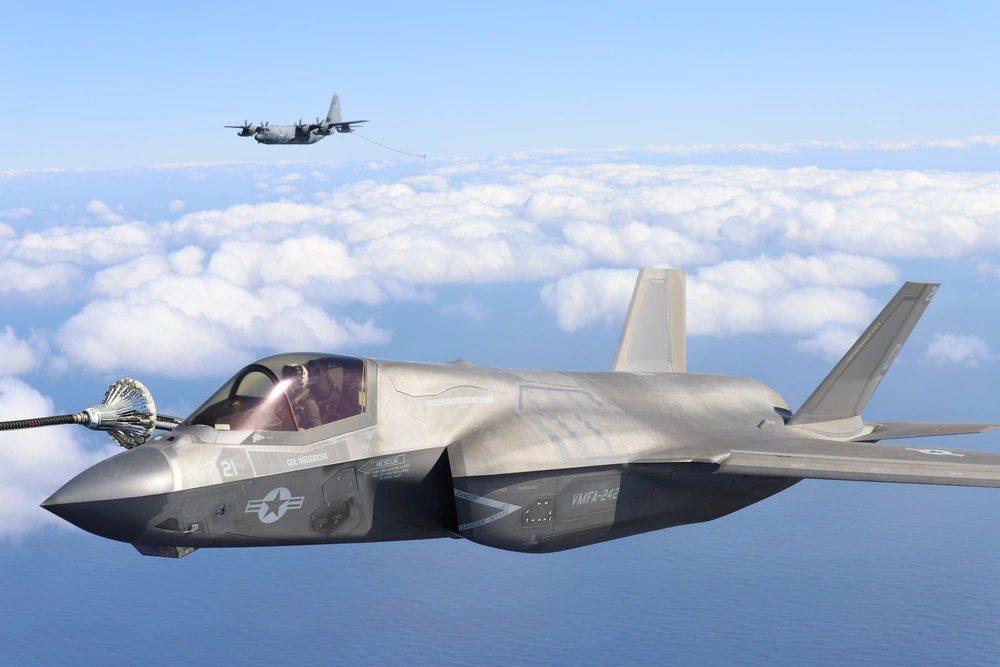
Air superiority is a required component in modern warfare
Sandboxx News
-

‘Sandboxx News’ Trucker Cap
$27.00 Select options This product has multiple variants. The options may be chosen on the product page -

‘AirPower’ Classic Hoodie
$46.00 – $48.00 Select options This product has multiple variants. The options may be chosen on the product page -

‘AirPower’ Golf Rope Hat
$31.00 Select options This product has multiple variants. The options may be chosen on the product page -

‘Sandboxx News’ Dad Hat
$27.00 Select options This product has multiple variants. The options may be chosen on the product page
